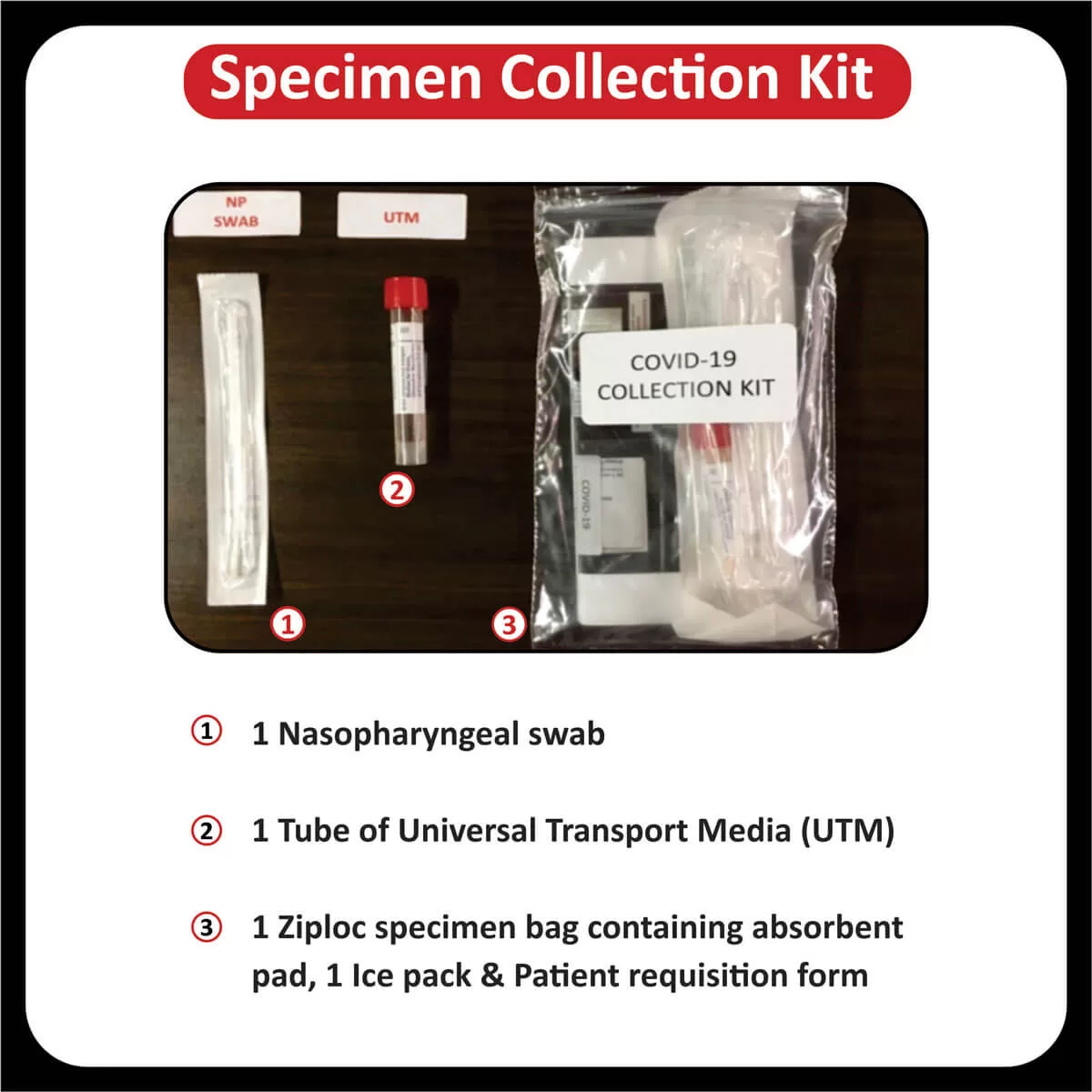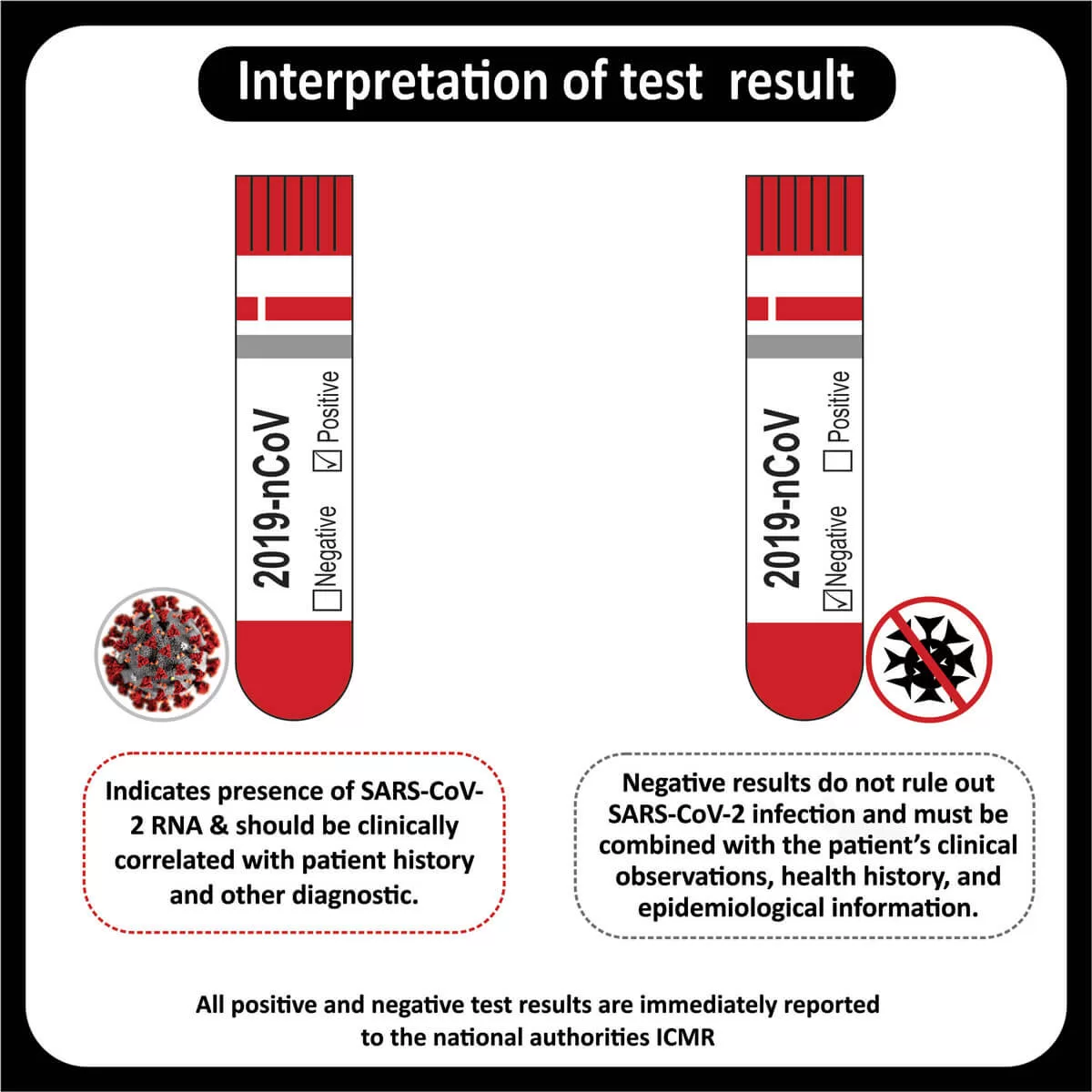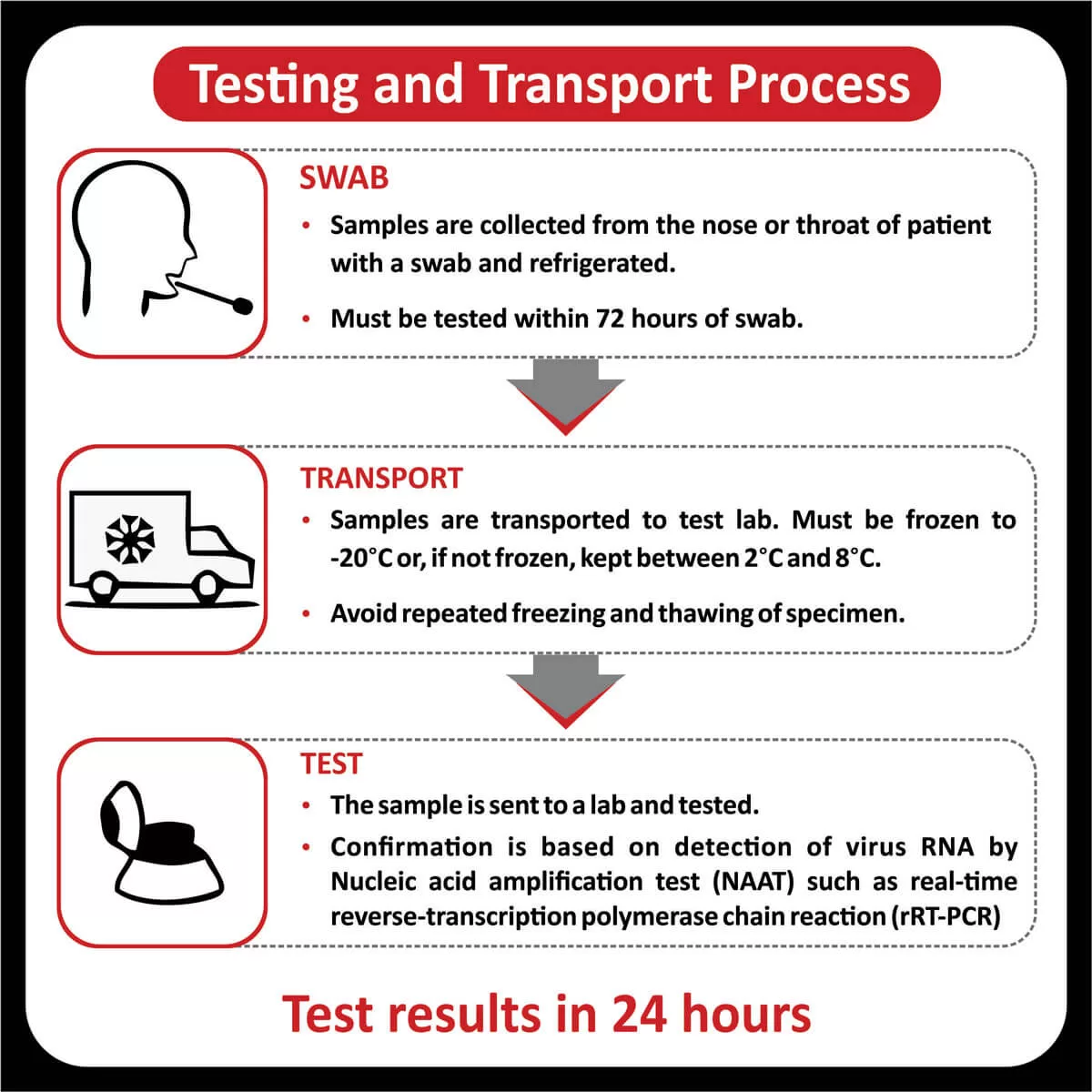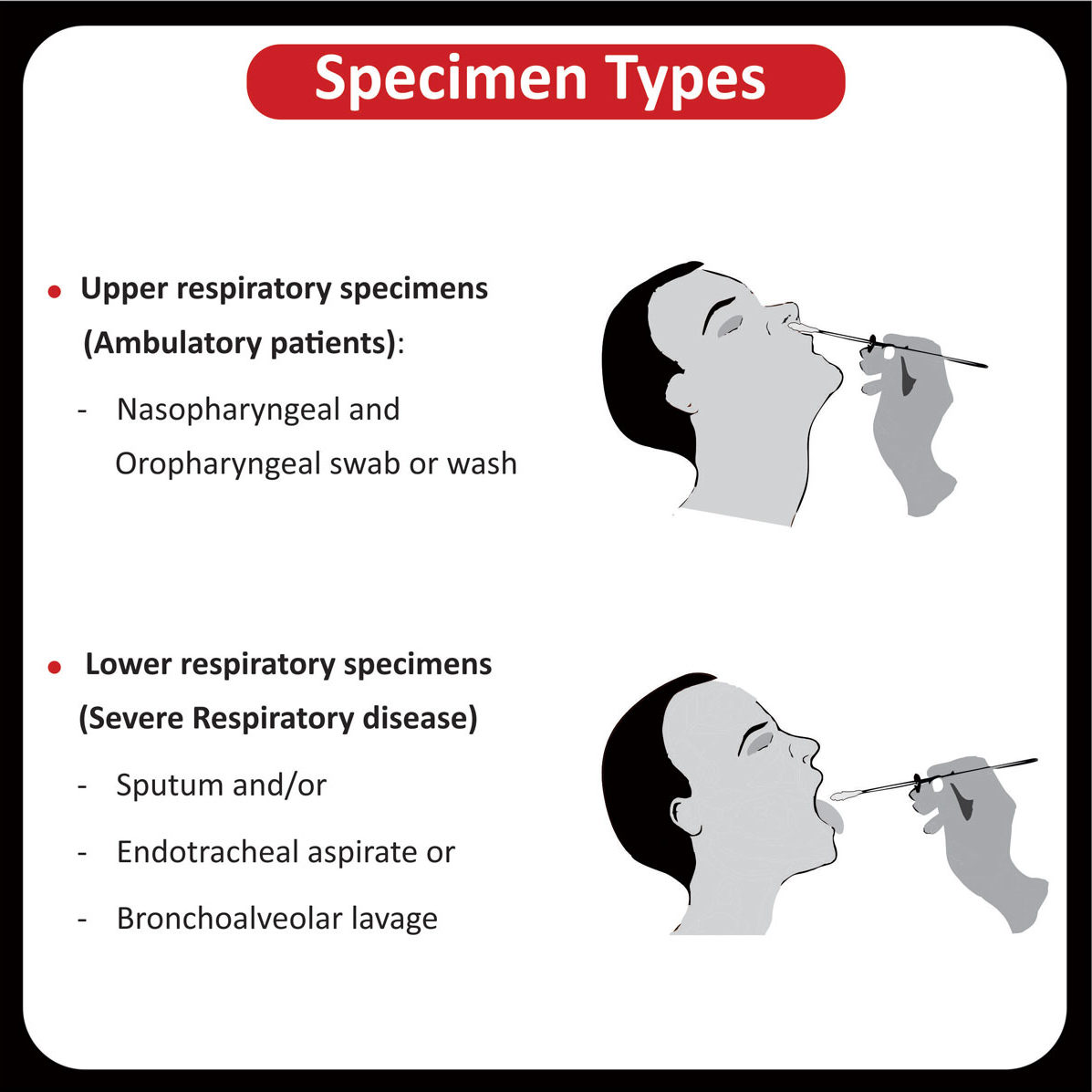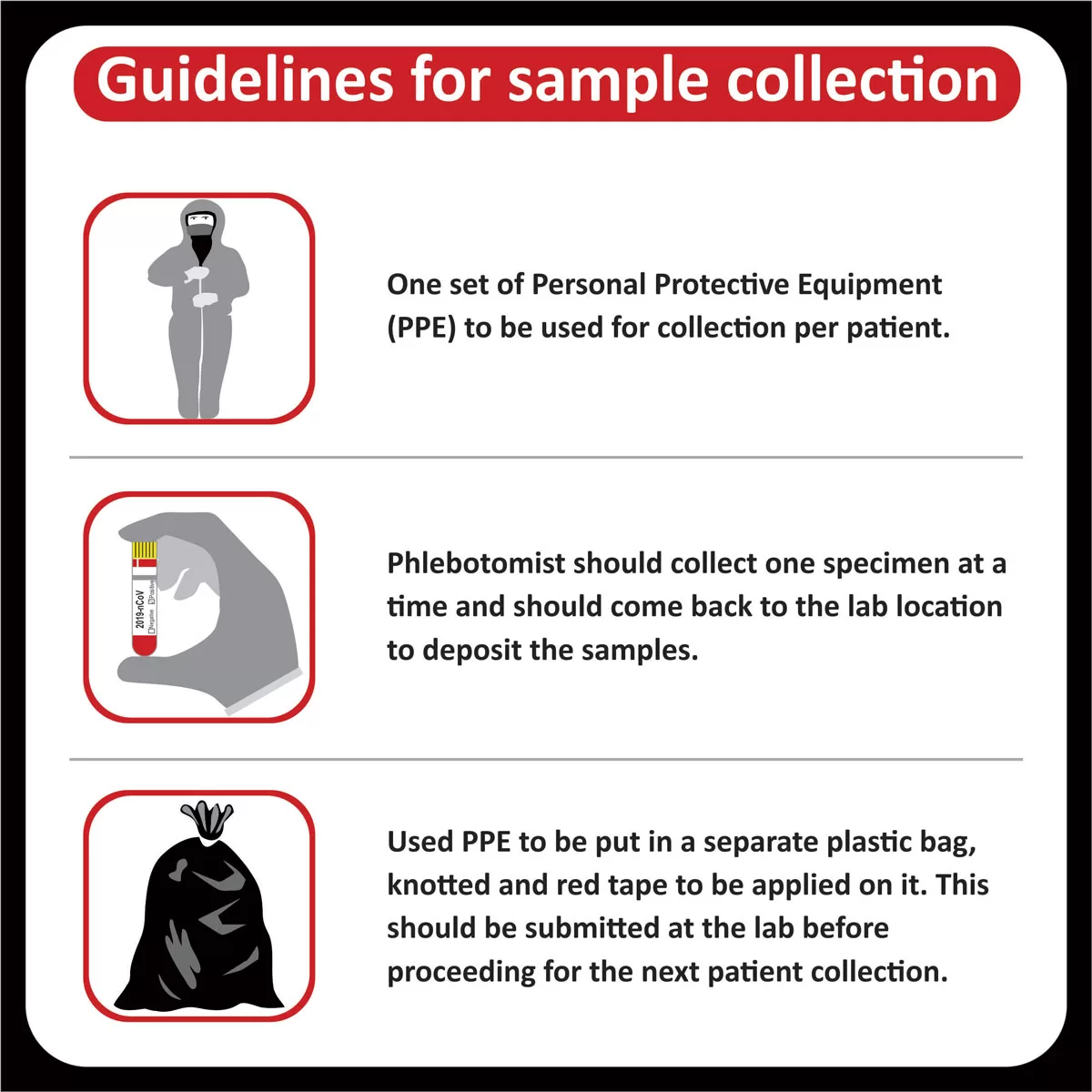The US Food and Drug Administration (FDA) has approved simultaneous administration of Tafinlar (Dabrafenib) and Mekinist (Trametinib) for treatment of surgically unresectable Anaplastic Thyroid Cancer with abnormal gene type BRAF V600E (BRAF V600E mutation-positive). (Read more)
In a recent study in colorectal cancers, it was found that the presence of a BRAF V600E mutation was associated with a higher risk of recurrence and poorer overall survival for patients undergoing surgical resection of liver metastases from colorectal cancer. (Read more).
In breast cancers, researchers found that women with advanced triple-negative breast cancer and a BRCA mutation were twice as likely to benefit from Carboplatin in comparison to Docetaxel—the current standard of care (Read more). Also, in a recent clinical trial, the addition of Everolimus to Fulvestrant(Faslodex) improved progression-free survival in post-menopausal women with hormone receptor (HR)-positive, HER2-negative metastatic breast cancer that progressed on aromatase inhibitor therapy (Read more).
According to two ongoing clinical trials; KEYNOTE-361 and IMVIGOR-130, the FDA has alerted clinicians and the public about decreased survival in patients with metastatic urothelial cancer that have not received prior therapy and have low expression of PD-L1 when being treated with monotherapy Keytruda (Pembrolizumab) or Tecentriq (Atezolizumab) (Read more)
Venetoclax was approved in 2016 for treatment of CLL patients with 17p deletion. Findings from the phase II trial study recently supported this approval with a safety expansion cohort of 51 new patients. The study included MRD assessed by flow cytometry (Read more).
Researchers have created the first genetic screening guidelines for Medulloblastoma patients after identifying gene variations that make carriers susceptible to develop a brain tumor and possibly other cancers. Along with APC, BRCA2, and TP53, the other predisposition genes identified in this study were PALB2, PTCH1, and SUFU (Read more).
A retrospective analysis conducted by investigators from UK and Italy showed that patients carrying taumutations who were usually attended for neuro-degeneration had a high risk of developing cancer (Read more).
Patients with Cystic fibrosis were found to be at increased risk of GI cancers, and those who had undergone lung transplantation were placed at an even higher risk (Read more).


